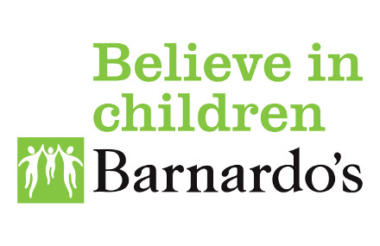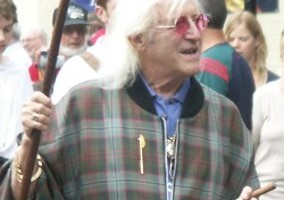Barnardo’s Scotland has criticised a Sunday Herald report which claimed the charity had destroyed files to cover up allegations of child sex abuse.
The article followed the opening submissions made at the Scottish Child Abuse Inquiry, which is looking in detail at historical abuse of children in residential care. More than 60 institutions, including charities, private schools and church bodies are being investigated.
The Sunday Herald ran with a story at the weekend that says Barnardo’s Scotland had admitted to systematically destroying files as part of a “cover-up”.
The newspaper said: “Victims of abuse say they have been left “distressed” by the revelation that the charity had a policy of disposing of files when they shut care homes where abuse happened in the 1960s, 1970s and 1980s.”
In a statement on its website, Martin Crewe, director of Barnardo’s Scotland, responded to the Sunday Herald’s article. He said: “Barnardo's Scotland is concerned at the inaccurate reporting in today's Sunday Herald. We believe it is a misleading interpretation of our opening statement to the Scottish Child Abuse Inquiry and ignores information that we provided to the newspaper concerned.”
He added that due to the “high level of factual inaccuracies”, Barnardo’s is requesting that the Sunday Herald makes corrections. A spokeswoman said that the charity is in communication with the Sunday Herald.
Opening statement
In the opening statement Graham Watson, the charity’s solicitor, said the charity retained records for every child resident in a Barnardo’s establishment or foster home. It said that “the records for the children then are well maintained and in good order. However that degree of completeness does not cover staff records or administrative or governance records.”
He said it was “Barnardo’s practice during the 1960s, 1970s and 1980s to destroy those records as closures of homes came about”. He said that “the result is that the need to retain records was not recognised at that time” and that “this pre-dated formal document retention policies”.
He added that the charity did retain a random sample of material for administrative purposes, including about 10 per cent of material from the 1970s and 1980s.
The Sunday Herald ran with the headline “Child abuse 'cover-up' claims after Barnardo's admits systematically destroying files”, and said the charity had “claimed to victims that files had been lost in a flood”.
Crewe said in the charity’s statement in response: “We made no mention of a flood and are unaware what this refers to”.
The transcript of the opening submissions includes no mention of a flood by Barnardo’s or any other organisation, however a submission from Daughters of Charity does mention that some of its records were damaged in a fire at the property were records were kept, and those that survived were water damaged.
Crewe also said: “We have not 'systematically destroyed' staff records. We did note to the Inquiry that our staff records are not as complete as the children's records. Those between 1940 and 1960 are sketchy and incomplete because they were kept on cards. We have better records from the 1960s onwards as they are archived on microfilm.”
The paper also criticises the charity for not apologising to victims in the opening statement, despite acknowledging that it was aware of the abuse.
Barnardo’s responded to this saying: “We did not include an apology in our opening statement as it could have sounded insincere before the Inquiry actually began. Barnardo's has a strong legacy of duty to those who were in our care and we continue to support them. We have been working closely with survivors' groups and will continue to show our support for the Inquiry through any means we can.”
Related articles












